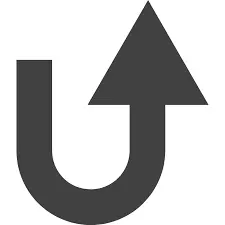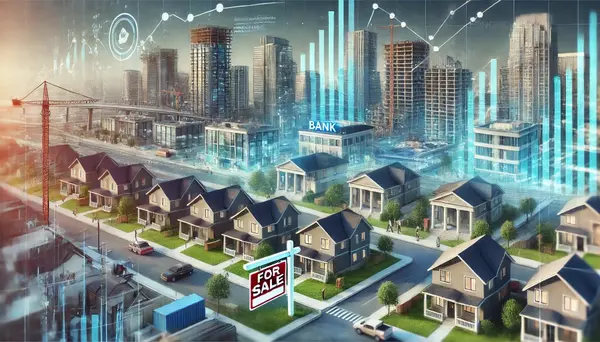
North Texas Housing Market: The Turnaround Has Begun
For the last couple of years, the North Texas housing market has been defined by one word: uncertainty. Rising interest rates, slower buyer activity, and constant “crash” headlines have made many homeowners and buyers sit on the sidelines. But here’s the truth: we are now standing at the turning poi

Mortgage rates drop for third consecutive week
The 30-year fixed-rate mortgage averaged 6.63% this week — down from 6.72% last week and the lowest weekly average since April 10, 2025, according to Freddie Mac. Mortgage News Daily, which uses a different set of metrics, pegged the 30-year rate at 6.55% on Aug. 7. The drop over this past week is a

Home Prices Are Dropping in Over a Third of U.S. Markets
The housing market is cooling—and quickly. According to our latest data, resale home prices have declined year-over-year in 53 out of the 150 metro areas we track, with price drops spreading beyond Texas and Florida into the Southeast, Southwest, and West Coast. 📉 New and Resale Prices Are Falling
Categories
- All Blogs (22)
- 75002 Home Statistics (1)
- 75013 Market Overview (1)
- Buying A Home (5)
- Collin County Homes (1)
- Dallas job growth (1)
- Grayson County (1)
- Hiring a real estate agent (3)
- Home Sales (4)
- Mortgage (2)
- Plano (1)
- Real Estate News (3)
- Short Term Rentals (1)
- Top real estate agents near me Allen (1)
- Top real estate agents near me Parker (1)
- Top real estate agents near me Plano (1)
Recent Posts










